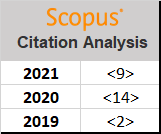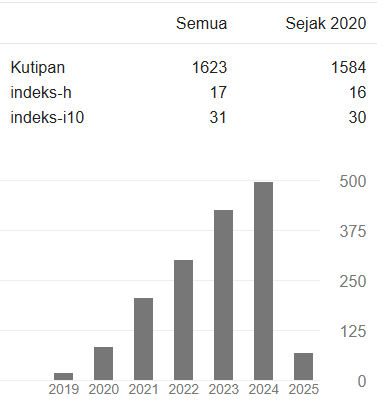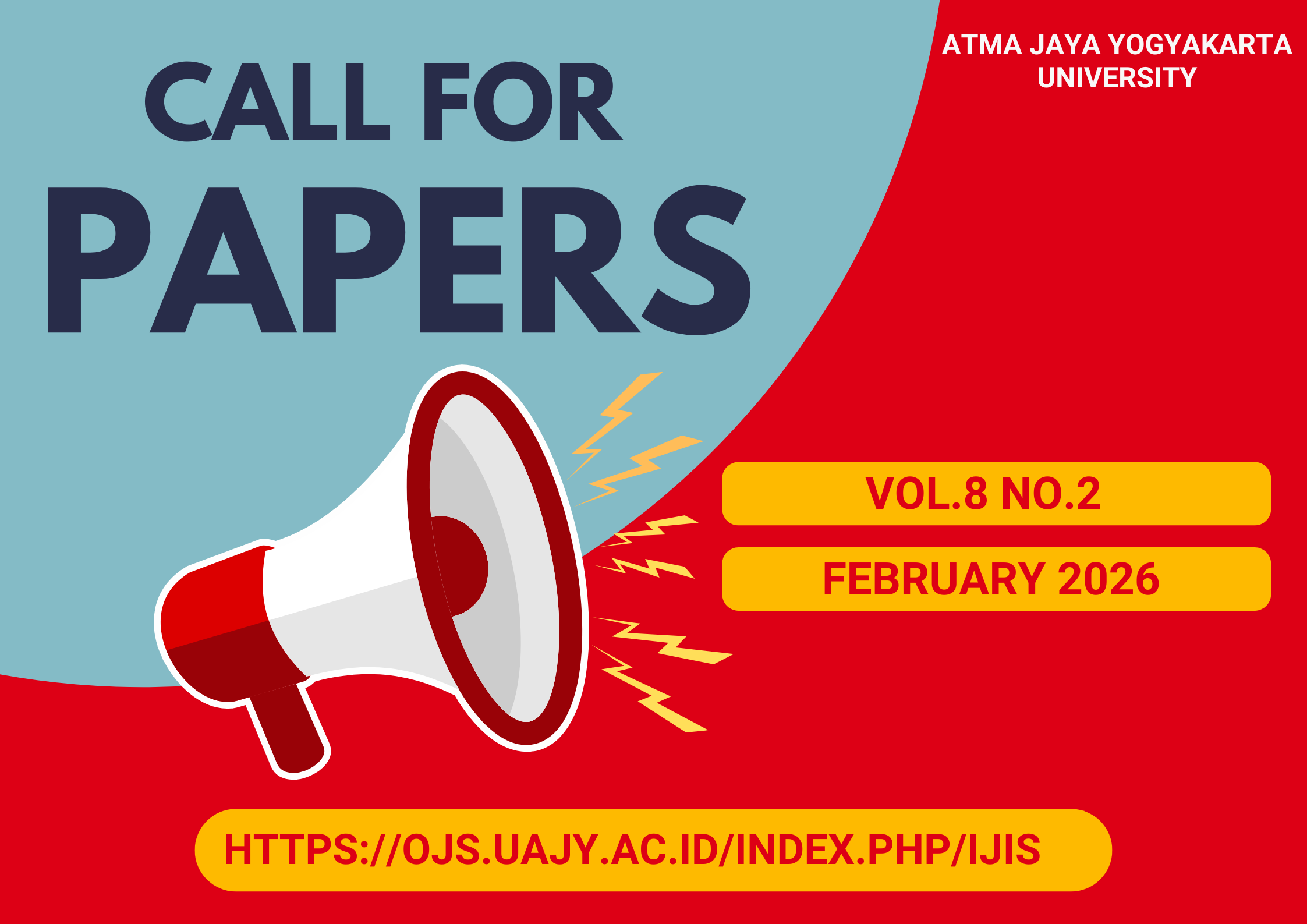Machine Learning for Clustering Regencies-Cities Based on Inflation and Poverty Rates in Indonesia
DOI:
https://doi.org/10.24002/ijis.v5i1.5682Abstract
The COVID-19 pandemic has increased inflation and poverty rates in many cities, thus requiring considerable attention from the government as a policymaker. Therefore, this study aims to cluster regencies/cities that need mitigation priorities from the Indonesian government based on inflation and poverty rates in 2021. Four machine learning methods, namely k-Means (KM), Partitioning around medoids (PAM), Ward, and Divisive analysis (Diana) are utilized and compared to achieve that purpose. Clustering 90 regencies/cities in Indonesia produced five optimal clusters. Furthermore, the clustering results were validated using the Silhouette width (SW) and Dunn index (DI). The results showed that the k-means method produced the most compact cluster. Hence, this study's results can be utilized as a reference for the government in determining the steps and priorities of economic policy in Indonesia.
Downloads
Published
How to Cite
Issue
Section
License

This work is licensed under a Creative Commons Attribution-ShareAlike 4.0 International License.
Indonesian Journal of Information Systems as journal publisher holds copyright of papers published in this journal. Authors transfer the copyright of their journal by filling Copyright Transfer Form and send it to Indonesian Journal of Information Systems.

Indonesian Journal of Information Systems is licensed under a Creative Commons Attribution-NonCommercial 4.0 International License.

















